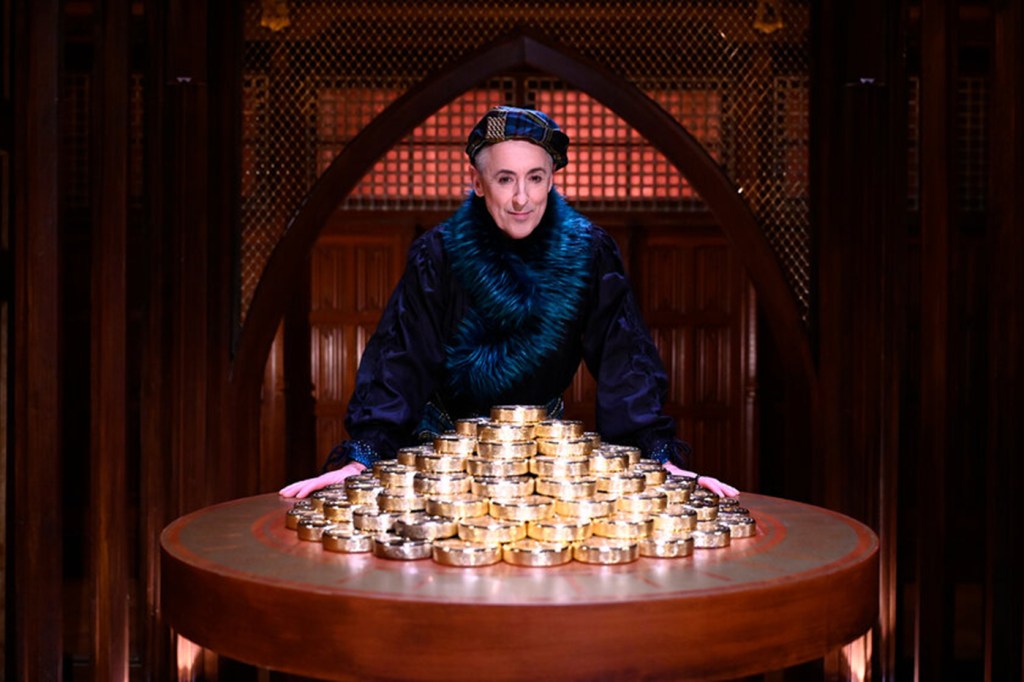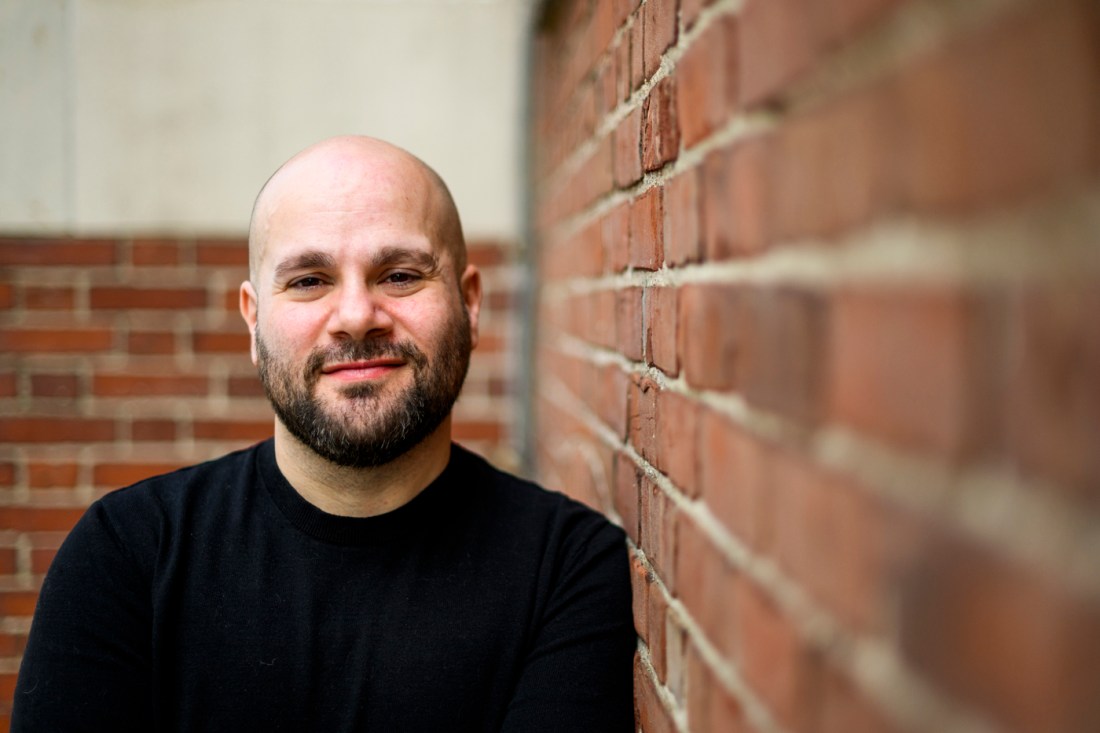With ‘The Traitors’ season 3, reality TV’s ‘Avengers’ are back. Copycat shows may follow
The hit series brings together stars from ‘Survivor’ to ‘Selling Sunset.’ A Northeastern expert explains how the ‘expanded universe’ model can broaden a show’s reach and storytelling — and how it can go wrong.

The DNA strands of “The Traitors,” Peacock’s runaway hit competition series, will be familiar to anyone who has watched reality TV — any reality TV — in the genre’s 30-year existence.
Strangers live together in a house, competing and working together in challenges that test them mentally and physically. Alliances are formed, then betrayed. There is flirting, lying, shouting and crying. There are outfits. There is a winner (or winners) and a cash prize at the end.
But the U.S. version of the show has a twist: contestants who appear on “The Traitors” are already famous for those things.
The show, premiering its third season Jan. 9, draws its contestants from across the reality TV landscape. Players from “Survivor” and “Big Brother,” compete with former “Bachelor” franchise stars and Real Housewives and “Vanderpump Rules” veterans. Based on the party game “Mafia,” the show tasks the group with rooting out the “traitors” in their midst — two or three players who are working covertly to eliminate as many of the majority cast members (“faithfuls”) as possible before being found out.
That combining of star power is similar in form to “The Avengers” comics and movies, where superheroes like Captain America and the Hulk come together for a single story. In the case of “The Traitors,” it’s a formula that translates well to reality TV, says Steve Granelli, an associate teaching professor of communication studies at Northeastern University.
“It exists as this entry point for a lot of people to drop in,” he says.
Fans of “Survivor” or “Big Brother” might tune in to cheer on their favorite players; “Housewives” watchers might come to see long-feuding cast members in a new environment. Narratively, those preexisting fan associations can spice up the viewing experience and gameplay in surprising ways: A “Bachelor” star may be underestimated as a strategic threat (as happened in Season 2); a villainous “Big Brother” winner mistrusted from the start.

Along the way, there’s a huge added benefit for show creators and streaming services, Granelli points out: viewers can get hooked on other shows.
“These other ‘Traitors’ characters lead into a bunch of other stories,” he says. “If you get interested in one extra show outside of this, it’s a win for the production companies.”
Featured Posts
Granelli is a comic book fan, and he notes that sort of cross-pollination serves a similar purpose for NBCUniversal (which owns many of the networks, including Bravo, that “Traitors” contestants come from) as it does for the Marvel and DC extended universes.
“If I’m an ‘Avengers’ fan, I probably haven’t read the comics of all of those characters,” he says. “So they might bring in three with the biggest readership, like Hulk, then three more with smaller readerships that they want to increase. And maybe this means people will start reading Hawkeye comics, because nobody’s reading Hawkeye comics.”
But both “Avengers” and “Traitors” must also be comprehensible as a single, self-contained story, Granelli continues, while encouraging viewers to explore further. (The formula of the show is also effective enough on its own; international “Traitors” casts in the U.K. and Australia are made up of unknowns.)
“Marvel had no assumption that anybody coming to see ‘The Avengers’ had to go back and watch ‘Captain America,’” Granelli says. “They’re not going backwards.”
That can be more difficult than “The Traitors” usually makes it look, Granelli says. Done poorly, it can mean a show, movie or comic that’s confusing, self-referential (he points to later seasons of “Survivor,” where the game became so complicated no new viewer could hope to follow it) or trying so hard to service so many fan bases that it serves none.
Yet he thinks the success of “The Traitors,” which has been a huge ratings hit and Emmy-winner for Peacock, will entice other streaming platforms to replicate its expansive, all-star formula with their own reality TV talent. A sizable segment of each “Traitors” cast come from shows under the control of NBCUniversal.
“Netflix is already doing this,” he says. “They want to be able to take people from ‘Love is Blind’ and ‘The Ultimatum,’ throw them on an island with alcohol and see what happens. The more that we see production companies with their own physical studio space and distribution, and as the rosters start to build out for some of these other streamers, we’ll see more of these.”











